Kenneth N. Reid
An Interdisciplinary Outlook on Large Language Models for Scientific Research
Nov 03, 2023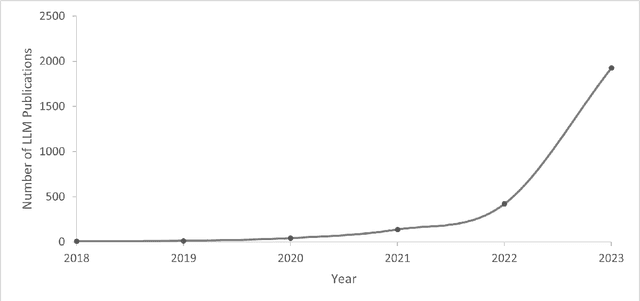
Abstract:In this paper, we describe the capabilities and constraints of Large Language Models (LLMs) within disparate academic disciplines, aiming to delineate their strengths and limitations with precision. We examine how LLMs augment scientific inquiry, offering concrete examples such as accelerating literature review by summarizing vast numbers of publications, enhancing code development through automated syntax correction, and refining the scientific writing process. Simultaneously, we articulate the challenges LLMs face, including their reliance on extensive and sometimes biased datasets, and the potential ethical dilemmas stemming from their use. Our critical discussion extends to the varying impacts of LLMs across fields, from the natural sciences, where they help model complex biological sequences, to the social sciences, where they can parse large-scale qualitative data. We conclude by offering a nuanced perspective on how LLMs can be both a boon and a boundary to scientific progress.
Genetic Improvement in the Shackleton Framework for Optimizing LLVM Pass Sequences
Apr 28, 2022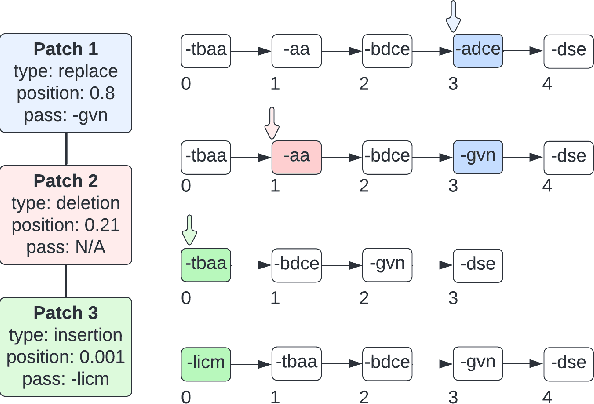
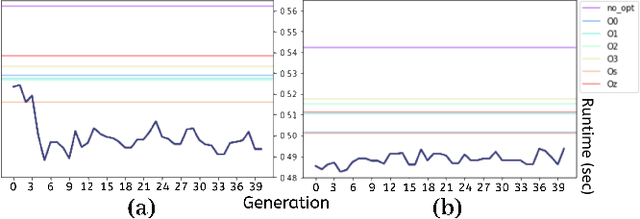
Abstract:Genetic improvement is a search technique that aims to improve a given acceptable solution to a problem. In this paper, we present the novel use of genetic improvement to find problem-specific optimized LLVM pass sequences. We develop a pass-level patch representation in the linear genetic programming framework, Shackleton, to evolve the modifications to be applied to the default optimization pass sequences. Our GI-evolved solution has a mean of 3.7% runtime improvement compared to the -O3 optimization level in the default code generation options which optimizes on runtime. The proposed GI method provides an automatic way to find a problem-specific optimization sequence that improves upon a general solution without any expert domain knowledge. In this paper, we discuss the advantages and limitations of the GI feature in the Shackleton Framework and present our results.
Optimizing LLVM Pass Sequences with Shackleton: A Linear Genetic Programming Framework
Jan 31, 2022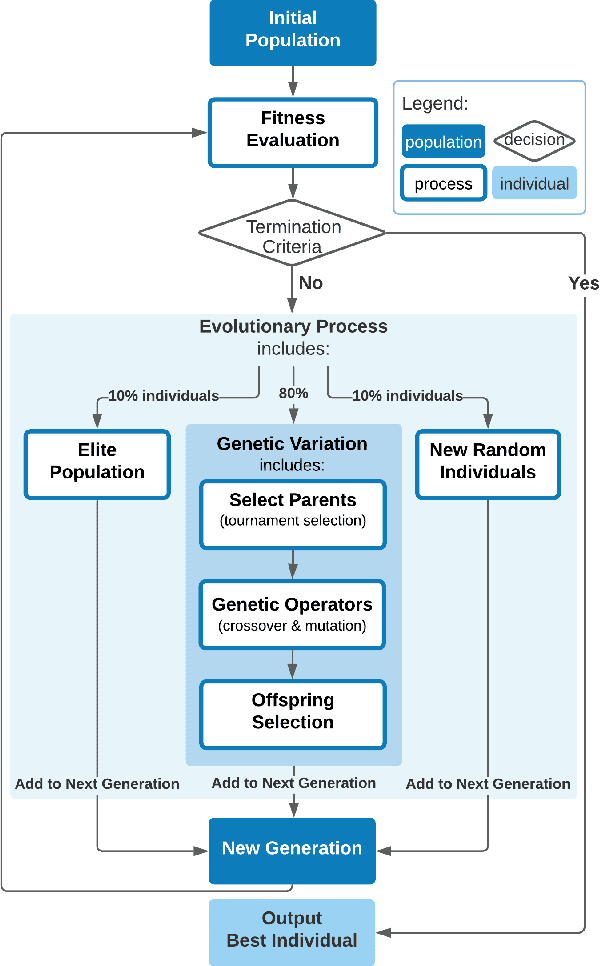
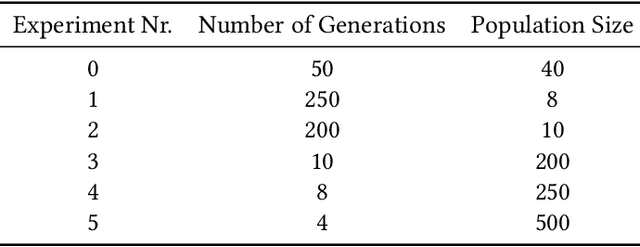
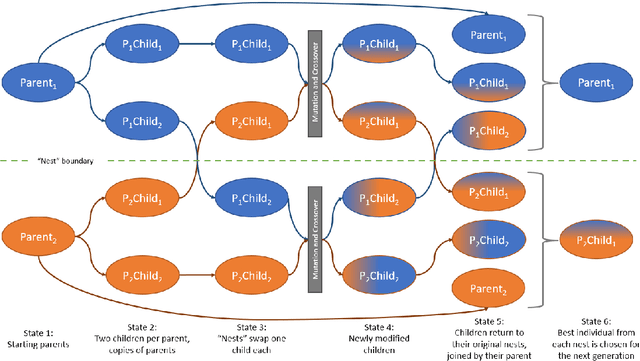

Abstract:In this paper we introduce Shackleton as a generalized framework enabling the application of linear genetic programming -- a technique under the umbrella of evolutionary algorithms -- to a variety of use cases. We also explore here a novel application for this class of methods: optimizing sequences of LLVM optimization passes. The algorithm underpinning Shackleton is discussed, with an emphasis on the effects of different features unique to the framework when applied to LLVM pass sequences. Combined with analysis of different hyperparameter settings, we report the results on automatically optimizing pass sequences using Shackleton for two software applications at differing complexity levels. Finally, we reflect on the advantages and limitations of our current implementation and lay out a path for further improvements. These improvements aim to surpass hand-crafted solutions with an automatic discovery method for an optimal pass sequence.
The Factory Must Grow: Automation in Factorio
Feb 09, 2021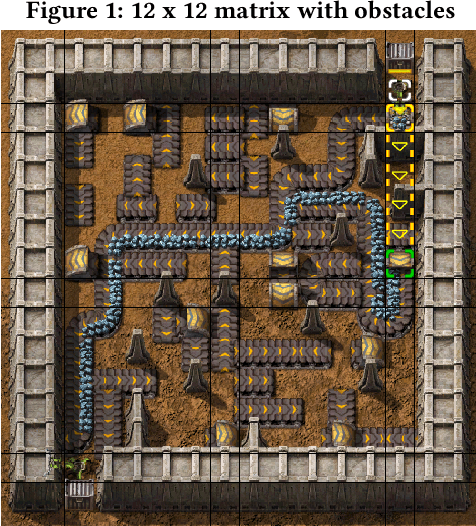
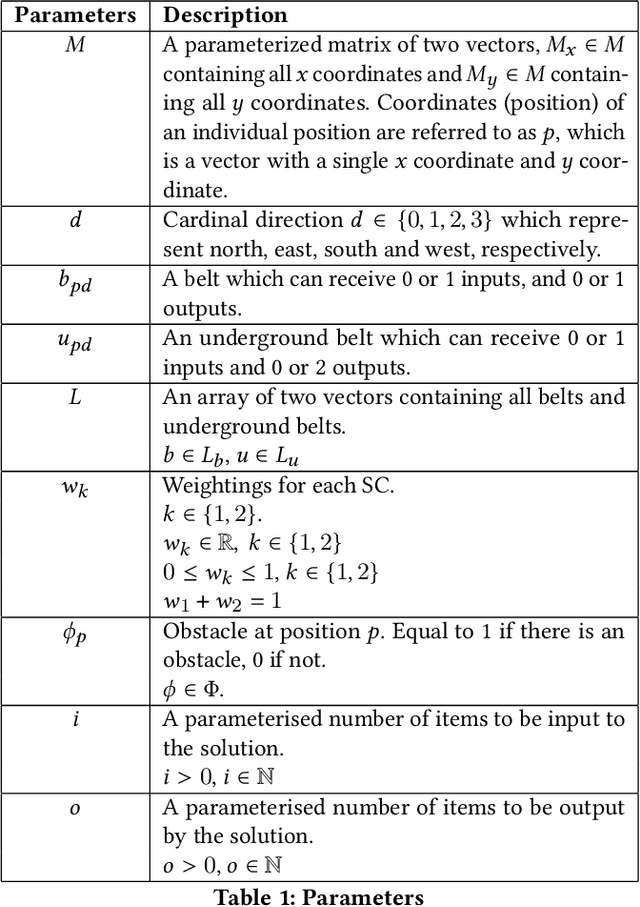
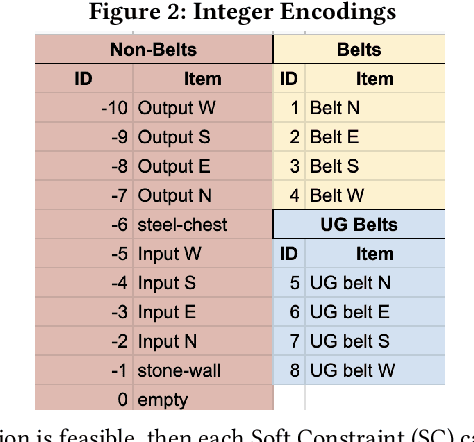
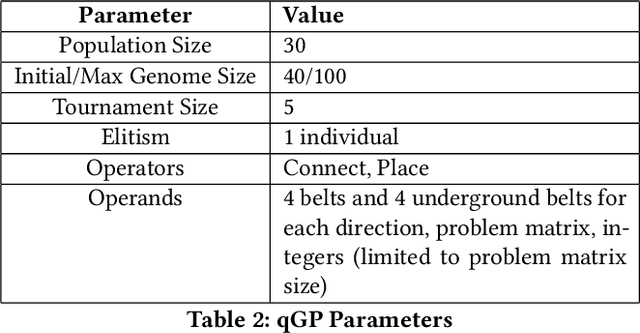
Abstract:Efficient optimization of resources is paramount to success in many problems faced today. In the field of operational research the efficient scheduling of employees; packing of vans; routing of vehicles; logistics of airlines and transport of materials can be the difference between emission reduction or excess, profits or losses and feasibility or unworkable solutions. The video game Factorio, by Wube Software, has a myriad of problems which are analogous to such real-world problems, and is a useful simulator for developing solutions for these problems. In this paper we define the logistic transport belt problem and define mathematical integer programming model of it. We developed an interface to allow optimizers in any programming language to interact with Factorio, and we provide an initial benchmark of logistic transport belt problems. We present results for Simulated Annealing, quick Genetic Programming and Evolutionary Reinforcement Learning, three different meta-heuristic techniques to optimize this novel problem.
 Add to Chrome
Add to Chrome Add to Firefox
Add to Firefox Add to Edge
Add to Edge